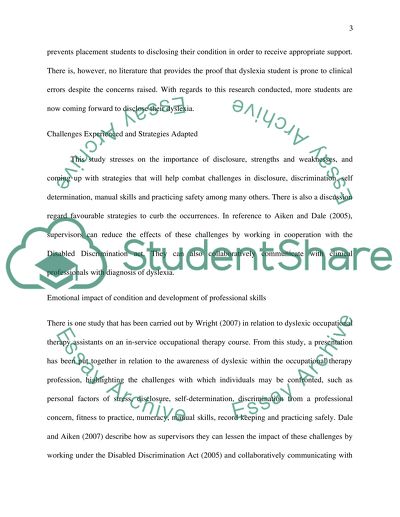Cite this document
(“Study of Dyslexia Students in Placement Settings Dissertation”, n.d.)
Study of Dyslexia Students in Placement Settings Dissertation. Retrieved from https://studentshare.org/health-sciences-medicine/1448635-an-exploration-of-practice-placement-experiences
Study of Dyslexia Students in Placement Settings Dissertation. Retrieved from https://studentshare.org/health-sciences-medicine/1448635-an-exploration-of-practice-placement-experiences
(Study of Dyslexia Students in Placement Settings Dissertation)
Study of Dyslexia Students in Placement Settings Dissertation. https://studentshare.org/health-sciences-medicine/1448635-an-exploration-of-practice-placement-experiences.
Study of Dyslexia Students in Placement Settings Dissertation. https://studentshare.org/health-sciences-medicine/1448635-an-exploration-of-practice-placement-experiences.
“Study of Dyslexia Students in Placement Settings Dissertation”, n.d. https://studentshare.org/health-sciences-medicine/1448635-an-exploration-of-practice-placement-experiences.


